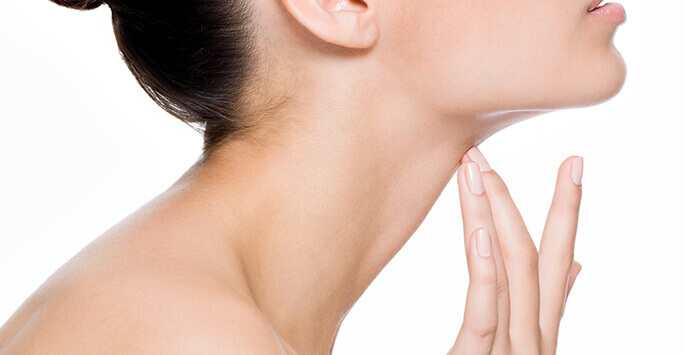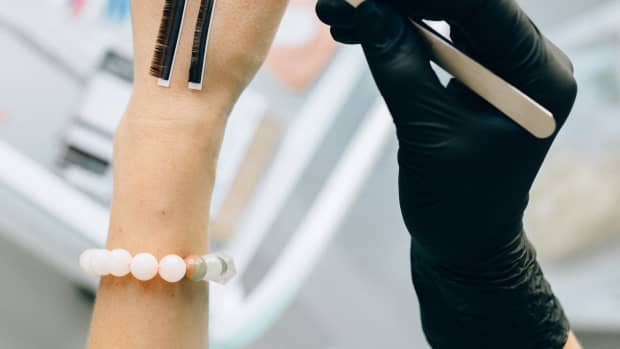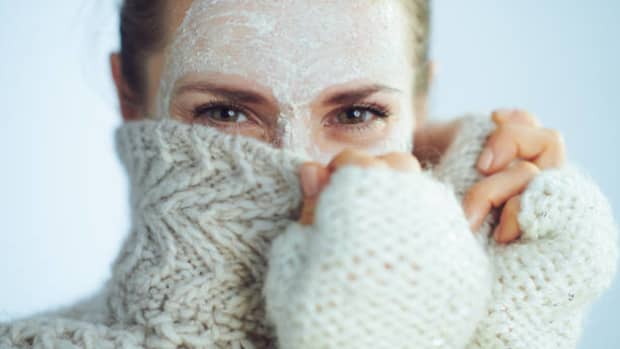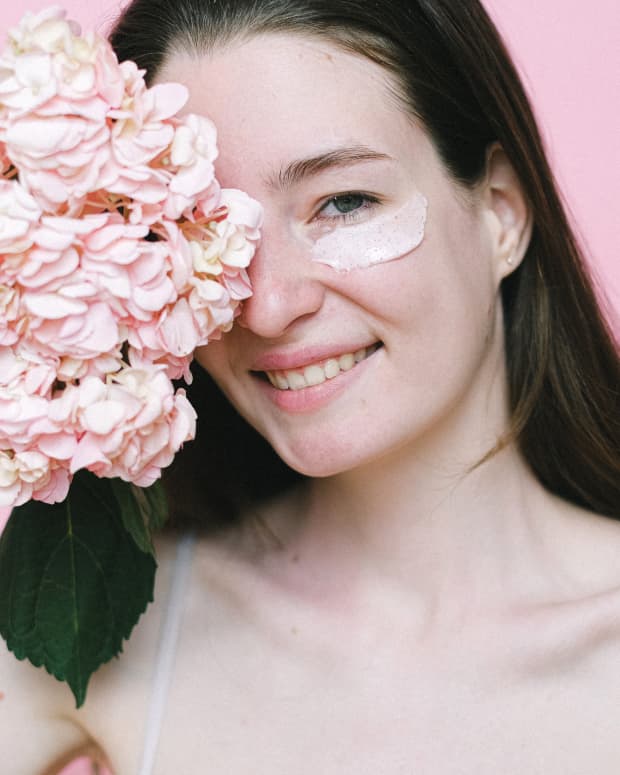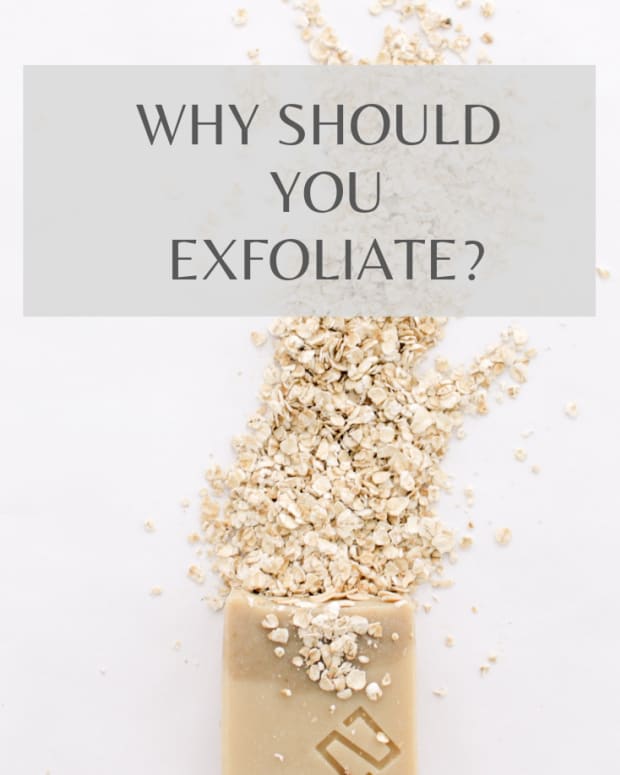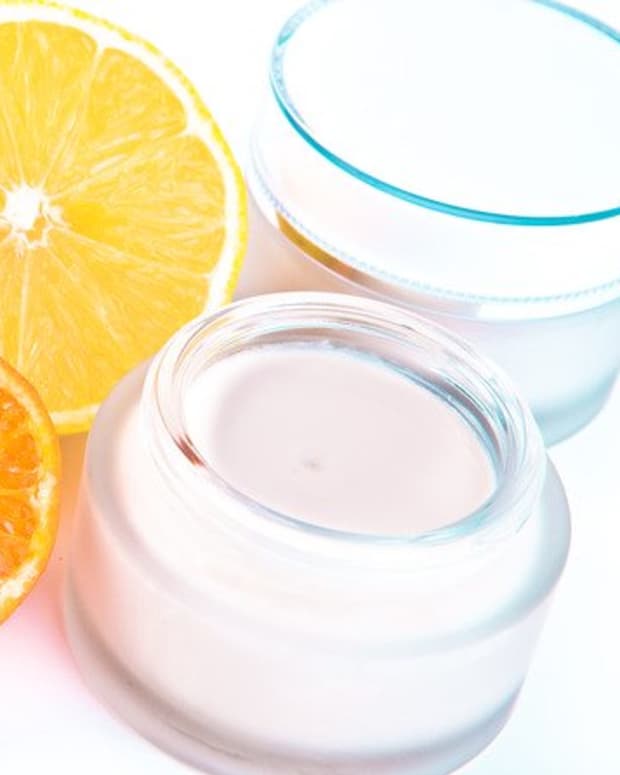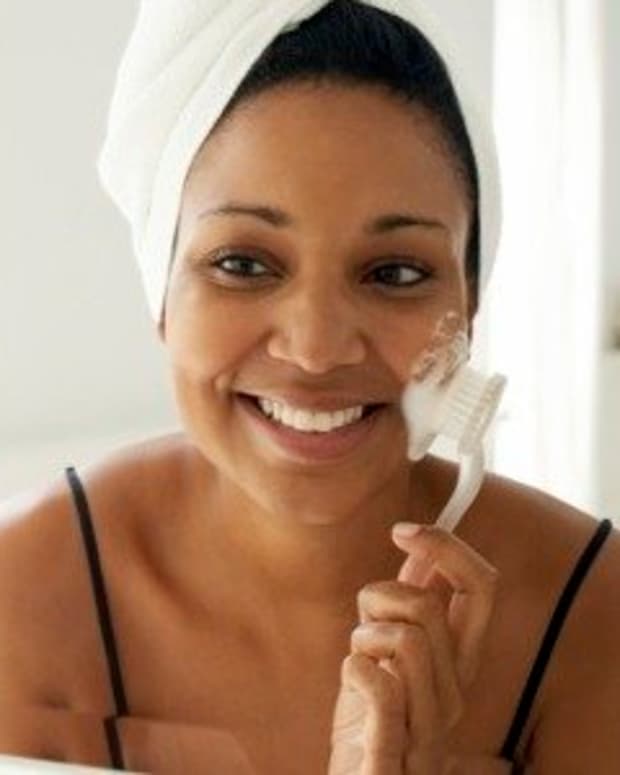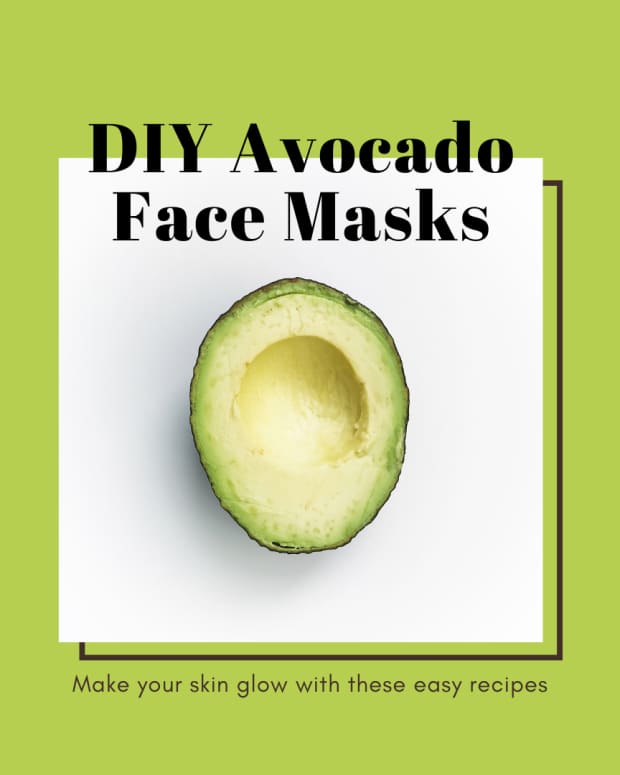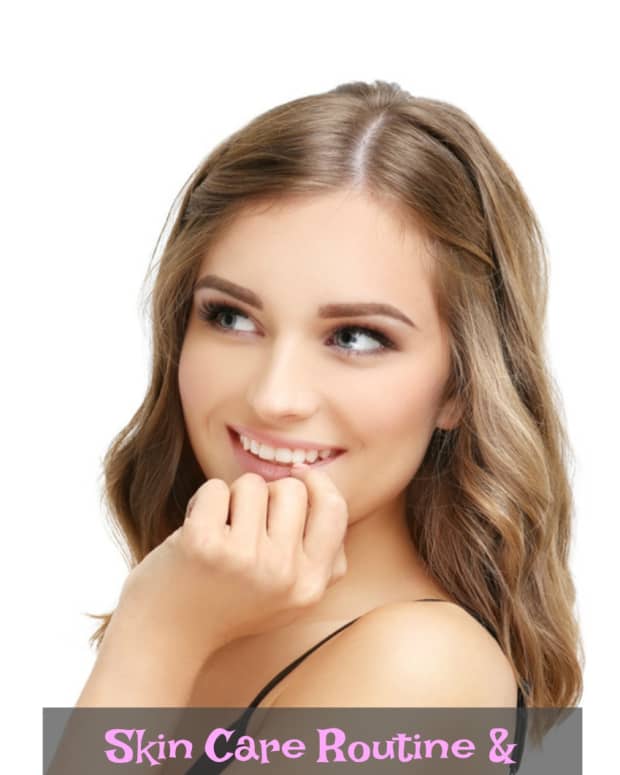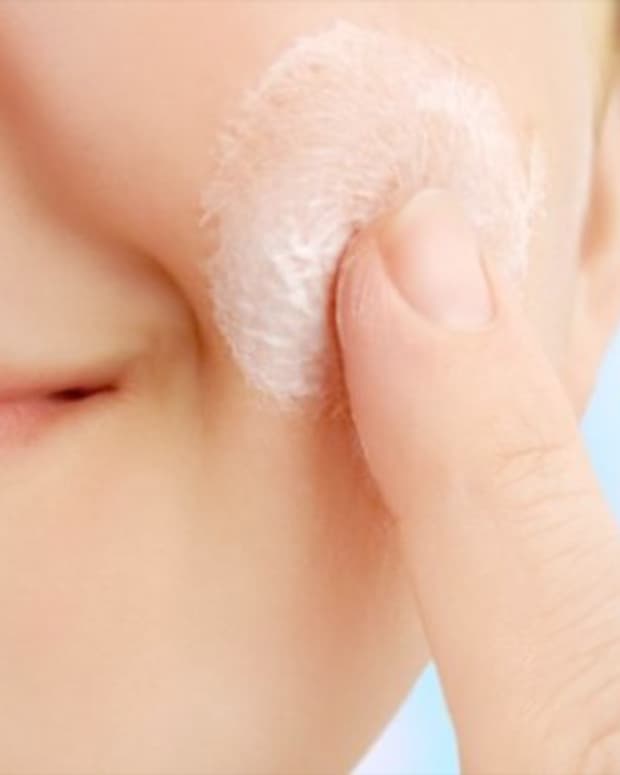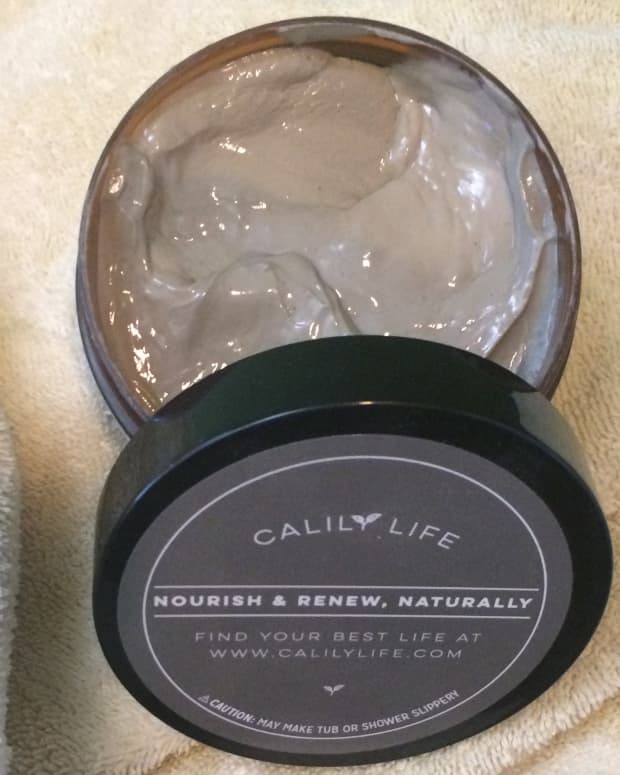Why Is Neck Skin Care Important?
As a former personal trainer, Courtney is passionate about all things health, beauty, and self care.
Do You Need Skin Care For Your Neck?
At a certain age, most people find that their typical moisturizing routine is not enough to avoid common signs of aging. As a result, many of us turn to different skin care methods in hopes of preventing or at the very least slowing down the natural aging process. Some of these tools may include a variety of creams, serums, and cleansers or cosmetic treatments to tighten the skin and prevent the formation of wrinkles. About one year ago, I realized that while my facial skin care routine is great, I’ve been completely neglecting my neck.
Luckily I don’t have any significant signs of aging around my neck. Still, I have noticed some lines running horizontally across my neck that are seemingly becoming more and more evident. I also want to avoid these lines from getting worse and find ways to prevent the dreaded turkey neck that comes with loose skin as we age. After doing some research, I now have a course of action to tackle the aging process not only in my face but in my neck and décolletage. Below is a list of factors contributing to signs of aging in those areas and what can be done to mitigate them.
Elasticity
Studies suggest that wrinkles can primarily be blamed on elasticity (or lack thereof), particularly in the neck area in which your skin is much thinner and less elastic than in other regions of the body.
As we get older, our skin loses its elasticity due to changes in connective tissue, meaning that it is less likely to snap back to its original form once it is stretched. Based on this article by the National Library of Medicine, lastosis (the loss of elasticity) can also be affected by sun exposure as well as the general fact that our bodies produce less collagen and elastin (primary proteins responsible for repairing the skin and the main components of connective tissue) as we get older, making it much harder for it to repair itself.
Because your neck is a more delicate area, these factors can significantly affect the quality of that area, which is why the best way to maintain your elasticity is to tackle these factors early on, at the beginning stages of the aging process.
How to Improve Skin Elasticity
- Wear sun protection (learn more about this in the following section).
- Vitamin C is an antioxidant that protects and promotes collagen growth. It can be taken as a supplement, injected, or applied topically.
- Add Retinoids to your routine. Retinoids are Vitamin A derivatives that regulate epithelial cell growth, which goes hand in hand with collagen growth. Studies demonstrate an improvement in facial wrinkles with the use of Retinoids, resulting in a tightening effect.
- Bakuchiol is a meroterpine derived from the seeds of the Psoralea corylifolia plant, which has similar effects on the skin as Retinoids and typically is used in the form of a serum. Some people may prefer this option over Retinoids because it is less likely to irritate the skin.
- Introduce Peptides into your neck skin care routine. Peptides are short chains of amino acids which are known to aid in the formation of proteins. Based on this study, they can help produce collagen and elastin in the skin, naturally resulting in improved elasticity.
- There are several medical-grade skin tightening treatments that use various methods to safely cause minor damage to the skin, causing it to produce loads of collagen and elastin to repair itself. Some of the most common methods used to create this controlled damage include different forms of microneedling, laser treatments, and vitamin-infused injectable treatments. You can read more about how it works here.
- For preventative purposes, you can also get Botox injected into your platysmal bands, relaxing tension in the neck. When your neckbands are flexed, it can cause your skin to stretch over time, which is the ultimate force behind the formation of the “turkey neck.”
Read More From Bellatory
Sun Damage
According to the Skin Cancer Foundation, sun exposure causes damaging effects to collagen, resulting in loss of elasticity, wrinkling, and leathery-looking skin. Your neck, which has much thinner and more delicate skin than other regions of your body, is especially susceptible to this damage.
To prevent this from happening, it is crucial to protect your skin from the sun. I wear a minimum of SPF 30 every day, no matter where I go and what I do to make sure I protect my skin from the sun. If I am having a beach day and know that I’ll be spending a lot of time exposed to the sun, I go higher in SPF and make sure to reapply it several times throughout the day.
You should also try to avoid things like tanning beds, which cause a significant amount of damage in a very short time due to the intensity of the UV radiation used for a quick tan. Instead, opt for a spray tan if you want a quick bronze.
Expressions and Posture
Studies have provided evidence that excessive facial expressions result in the formation of wrinkles in the face. If you see lines on your forehead when you raise your eyebrows, for example, you may not have any wrinkles to begin with. Still, the repeated movement over the course of several years gradually causes those lines to stay, forming permanent wrinkles. This wrinkle formation is enhanced as we age and lose collagen in our skin.
This is no different for your neck, meaning that different motions and positions can lead to the formation of wrinkles in your neck. While it is nearly impossible to avoid this completely, you can try to be more mindful of your posture and neck positioning.
- Try to sit up straight, especially if you work from a desk and have a tendency to slouch.
- Sleep on your back for a relaxed and level neck and chest.
Aging Is Completely Normal!
Aging is completely normal and an inevitable course of nature. For most people, the main focus in reducing signs of aging is on the face. However, the aging process does not discriminate.
If you want to maintain an overall youthful appearance, don’t forget to focus on the areas that go hand in hand with your face, including your neck. With consistent care using the tools mentioned above, you can reduce and prevent the typical signs of aging safely and effectively.
This content is accurate and true to the best of the author’s knowledge and is not meant to substitute for formal and individualized advice from a qualified professional.

